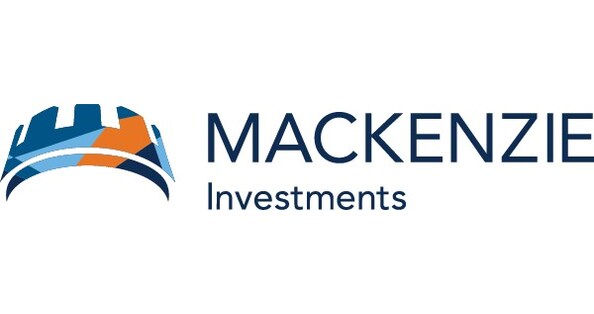






Robeco has published its 2025 global economic outlook titled "This is not a landing" on December 2, 2024, forecasting a challenging year for the global economy with conflicting signals. The report anticipates that U.S. growth will moderate to 1.7% due to cooling consumption and the impact of higher tariffs. In contrast, European consumption may see a slight rebound, while China continues to face structural issues despite recent stimulus measures. Amanda Cheesley from Family Wealth Report notes that while China's stimulus efforts may offset some risks, they are unlikely to resolve the underlying structural challenges the economy faces.
Robeco's analysis presents two potential scenarios: a bull case where synchronized easing from central banks could stimulate growth, and a bear case predicting stagflation driven by tariffs and ongoing geopolitical tensions. Peter van der Welle, a strategist at Robeco, emphasizes the necessity for flexible multi-asset allocation strategies to navigate these uncertainties. The firm manages approximately €204 billion ($215 billion) in assets, with €200 billion committed to ESG integration, reflecting a strong focus on sustainability in investment practices. Rachel Whittaker highlights the resilience of sustainability trends, suggesting that despite short-term challenges, the commitment to ESG principles remains robust.
This outlook aligns with insights from Mackenzie Investments and Amundi, which also stress the importance of adaptability in investment strategies amid a shifting economic landscape. Mackenzie anticipates a stabilized growth trajectory with lower interest rates, while Amundi projects a softening global growth rate, particularly in Emerging Markets. Both firms underscore the dual nature of opportunities and risks present in the current market environment, advocating for a balanced approach to investment. [8296ccc0] [1974dce2] [31abc3b5] [21c7f3c5] [7a22fdad] [3611b8a1] [e8afd76d] [9fb77498] [75f2e2e5]